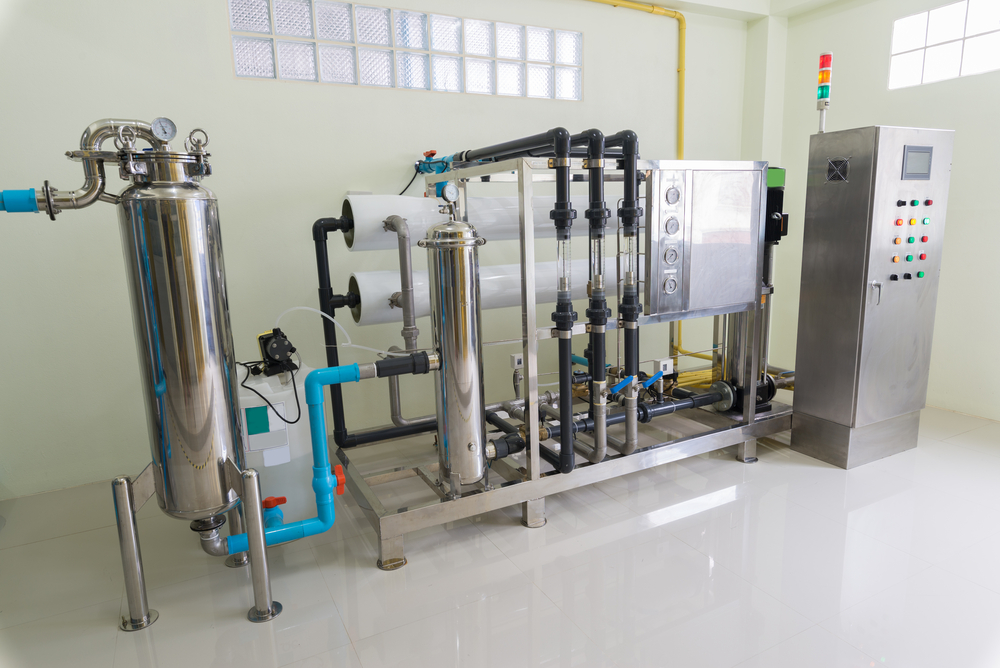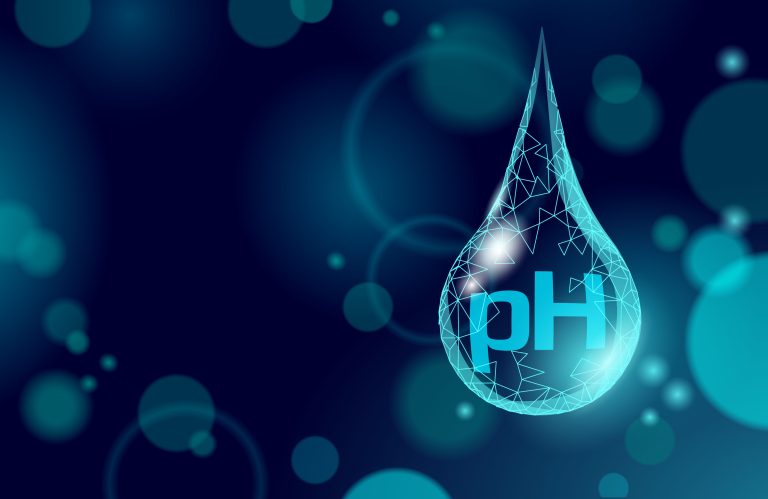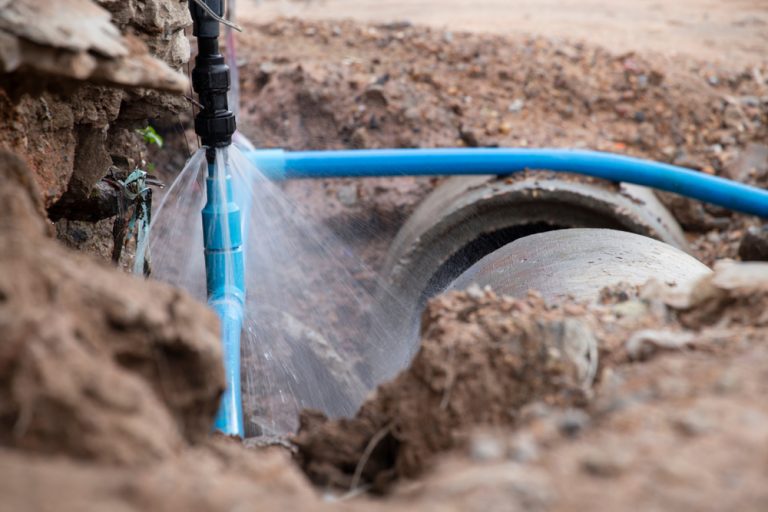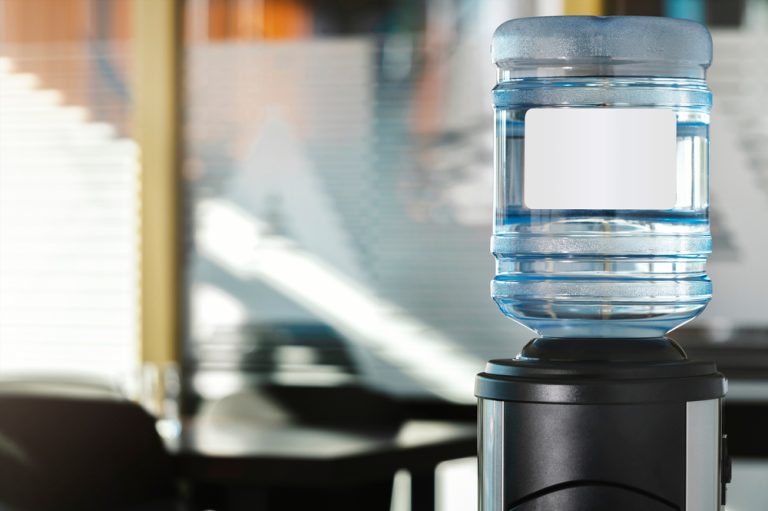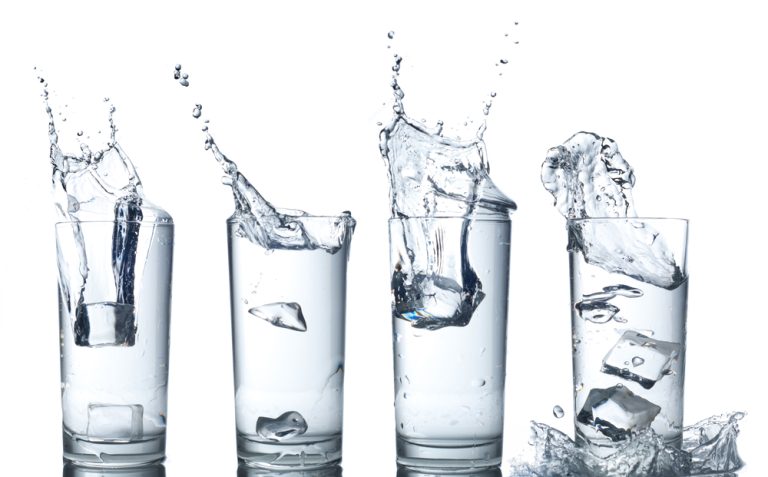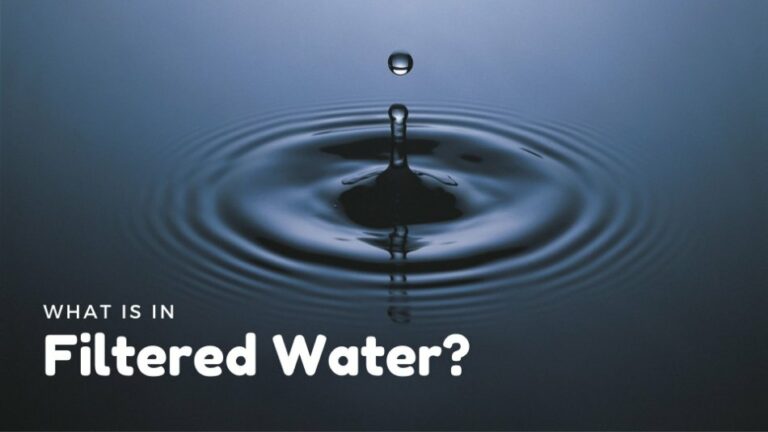Deionized Water Vs Distilled Water
Are you having trouble determining whether you’re going to use deionized water or distilled water? In this article, we’re going to evaluate these types of water for you. With this topic, we can help you find the difference between deionized water vs distilled water and which one will work best for you.
Deionized water and distilled water are both purified and treated water. But, they have many differences. They differ in how they are produced, water quality, mineral content, and their application. Deionized water is used by pharmaceutical and electronic companies to clean sensitive machines, tools, and equipment while distilled water is used by laboratories and medical facilities to create reagent-grade solutions for medical treatment.
What Is Deionized Water?
Deionized water or DI water is a type of processed water where all of its ions and mineral content are removed through a process called demineralization. Deionized water’s purity is higher than distilled water.
How To Produce Deionized Water?
Deionized water is produced from a multi-stage water filtration process. The water from the supply line or feed water passes through a reverse osmosis system removing almost all of its dissolved minerals. Then it is processed further in mixed bed ion exchange resin. The positive and negative charge ion in the mixed bed captures all the ion contents of the feed water, producing ultrapure water.
Water Quality Standards
The total dissolved solids content of deionized water is almost zero. Deionized water is measured in resistivity with a reading of 18 mega Ohms. Resistivity is a measurement of how strong the water resists an electric current. A low resistivity means more electricity flows.
Mineral Contents
Deionized water has undergone multi-stage filtration which means it loses all of its mineral contents. All of its charge ions have also been removed throughout the process. That is why it is called ultrapure water.
Applications
Deionized water due to its high resistivity is commonly used in pharmaceutical, electronic, and semiconductor companies. This water is used for cleaning pieces of machinery, tools, equipment, and also circuit boards.
What Is Distilled Water?
Distilled water is assumed to be absolutely pure water. This water has been processed technically to remove its minerals and nutrients. The impurities and other contaminants have been purified, producing totally treated water.
How Is Distilled Water Produced?
Distilled water is a product of a distillation process. The water from the supply line or feed water is heated up at a high temperature to its boiling point, making it evaporate and leaving all the total dissolved solids behind. The evaporated water is then condensed back to liquid, forming highly pure water.
When distilled water is re-processed again through distillation, it can produce higher quality water than distilled water, called double-distilled or triple-distilled water. This means it has no dissolved solids at all. It only contains pure water.
Water Quality Standards
When it comes to water quality, distilled water is free from bacteria and pathogens. It has a conductivity of less than 10 micro siemens per centimeter. The total dissolved solids content is around 1-5 milligrams per liter.
Mineral Contents
Distilled water has almost no mineral or nutrient content. Almost all of the dissolved salts like sodium, calcium, magnesium, potassium, chloride, bicarbonates, and sulfates were removed. Without these minerals, water tastes flat.
Applications
Distilled water is commonly used in laboratories, cosmetics, and medical facilities. Because of its low mineral content, it is good for making laboratory-grade solutions and is sometimes used to make new products. It is also used in various hospitals for medical treatment applications.
Is Deionized Water Or Distilled Water Better To Use?
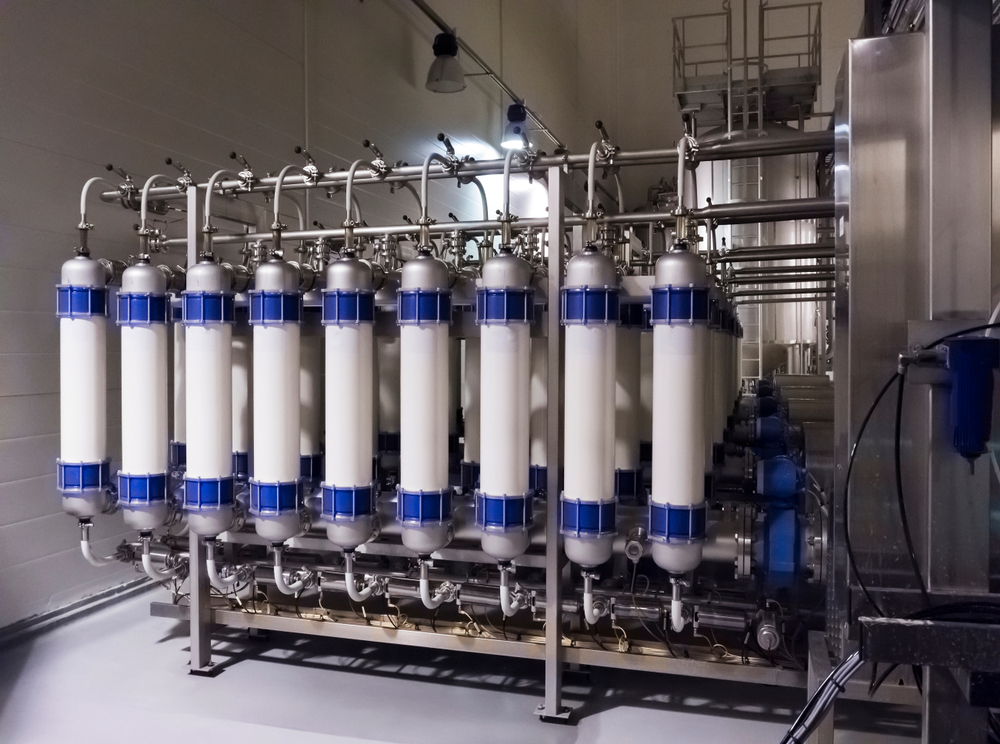
Both of these purified waters are good to use. Of course, it will depend on what type of application you choose them for though.
In general, distilled water is used for mixing with other chemical solutions to prevent contamination. It is not advisable to drink distilled water because it has no minerals or nutrients.
On the other hand, deionized water is good for cleaning sensitive machines, tools, and equipment. Also, deionized water is not good for drinking because it has almost no taste at all.
In Conclusion: Deionized Water Vs Distilled Water
Nowadays, these purified waters are easy to produce. The water treatment market has a variety of equipment capable of producing deionized water and distilled water.
Distilled water uses heat to create it, making it cost higher than deionized water. Some bottling companies are manufacturing bottled distilled water. Infants sometimes use distilled water for their powdered milk.
Meanwhile, deionized water is used as a cleaning solution for some household and commercial appliances like heaters, air conditioners, refrigerators, chillers, and more. It is sometimes used to clean cars and glass materials because you can’t see any traces of water spots after drying.
So, what are your plans for deionized water or distilled water? Let us know your thoughts and why in the comments below!

